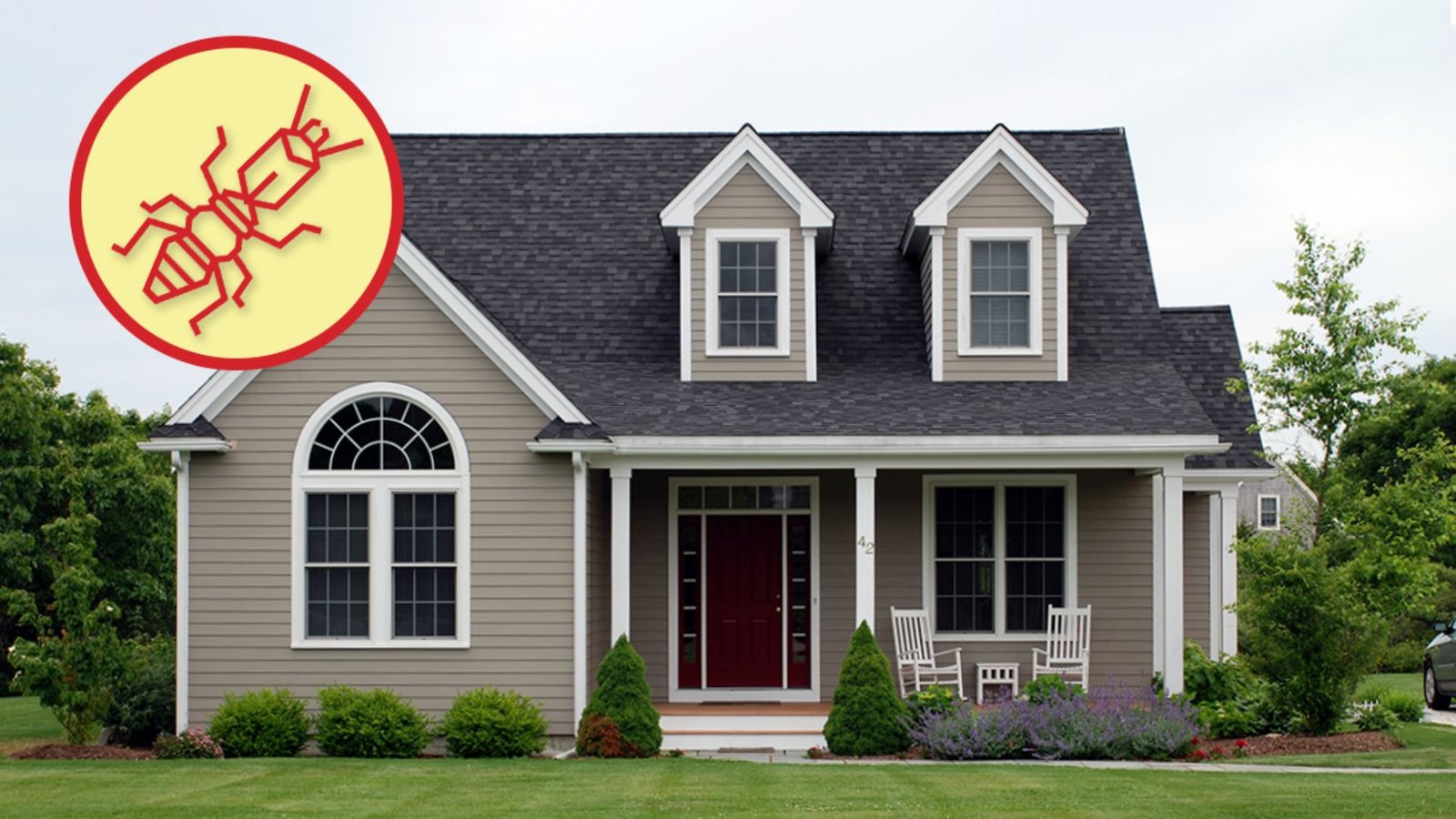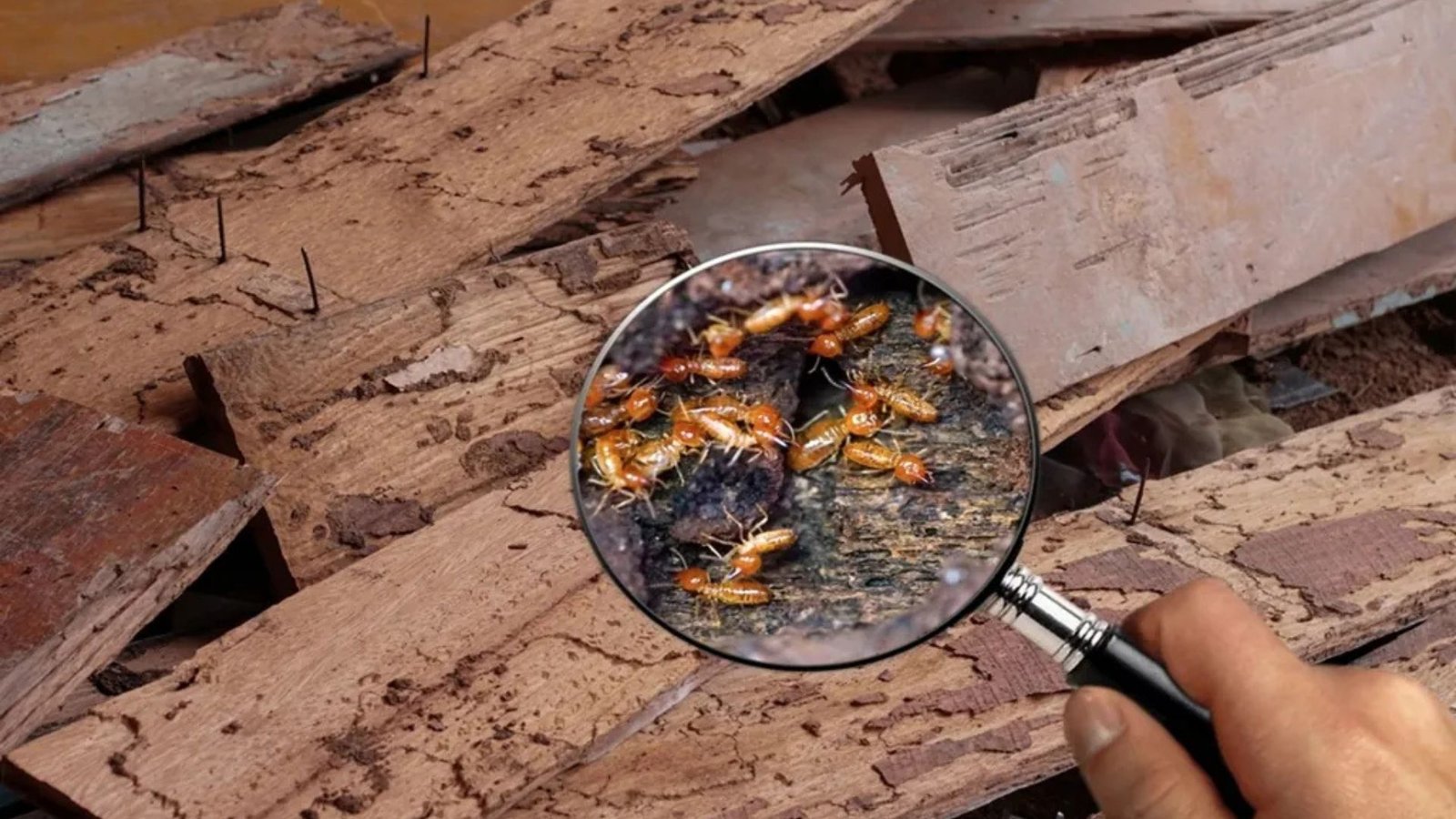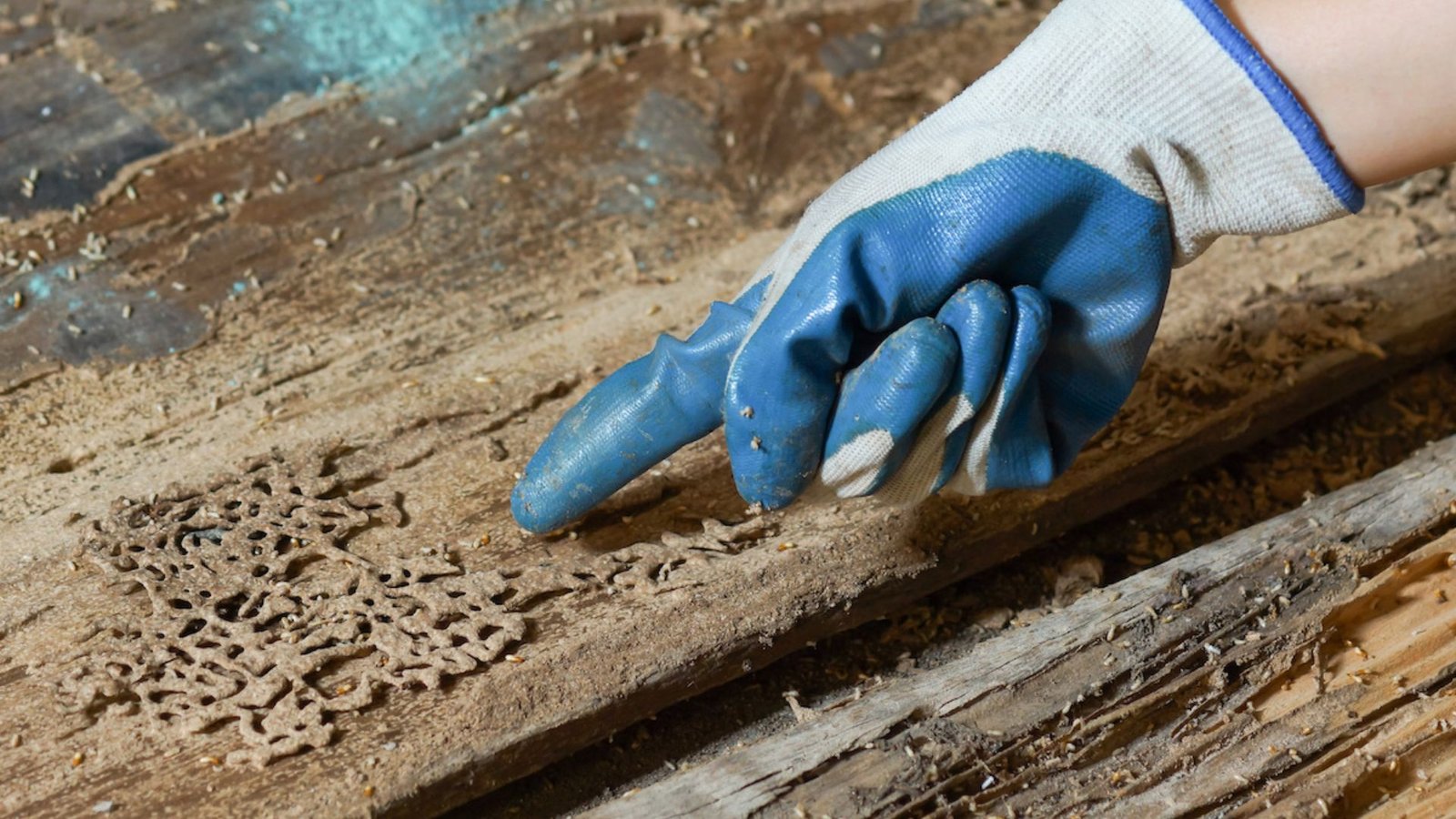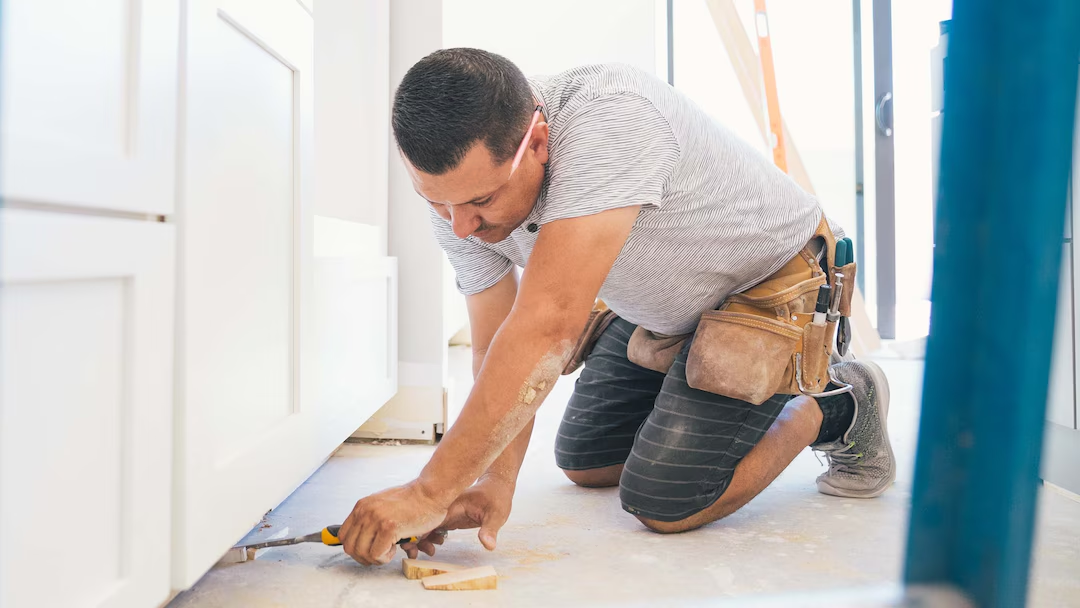Termites are often called “silent destroyers” because they can cause serious damage to your home without being noticed. The key to avoiding costly repairs is to schedule regular termite inspections. But when should you schedule a termite inspection for homes? In this article, we’ll go over the best times to get an inspection and why it’s important to stay on top of termite prevention.
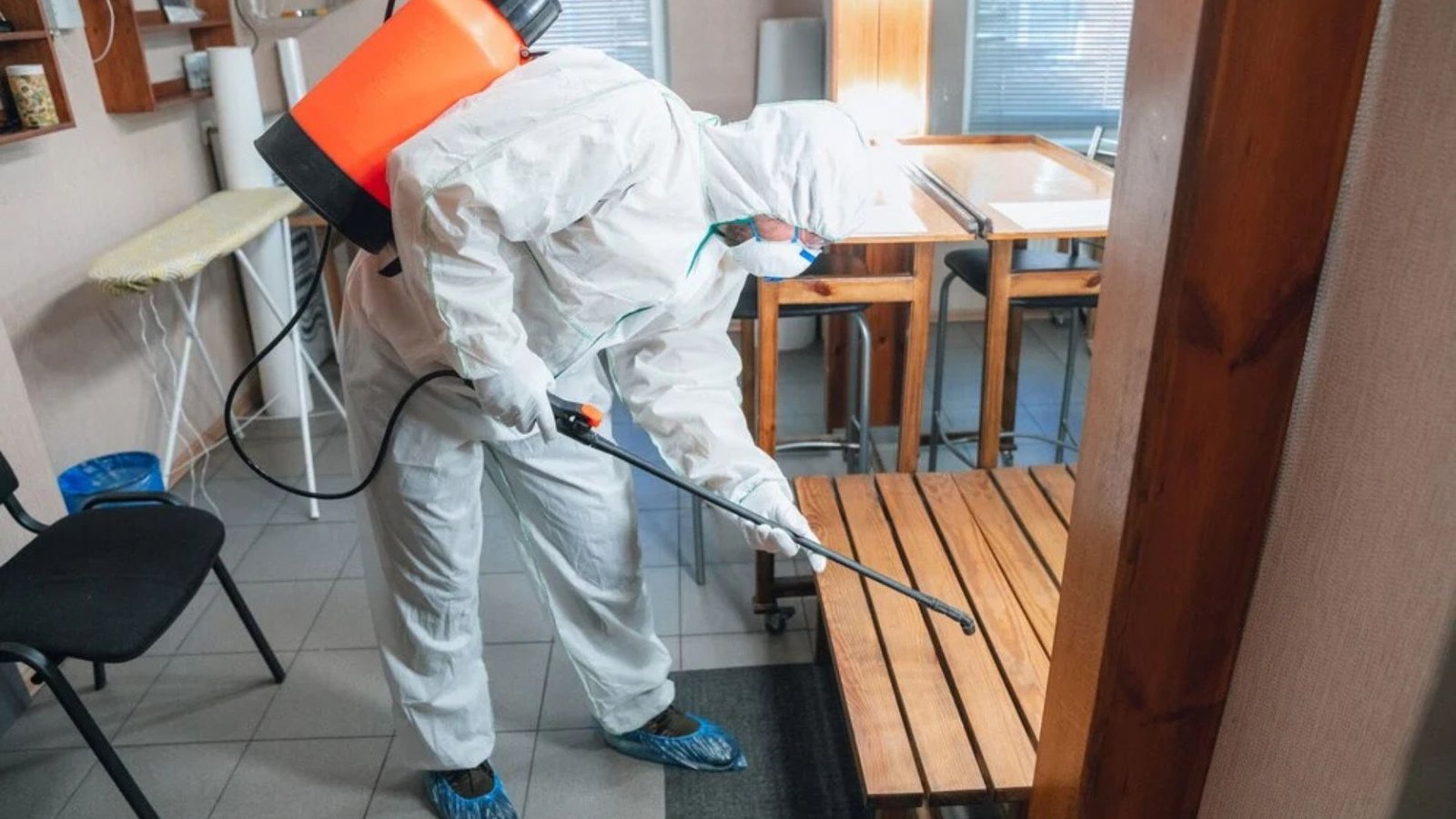
1. Schedule a Termite Inspection When Buying a Home
If you are buying a new home, scheduling a termite inspection is a must. Most real estate contracts recommend that buyers have a professional inspection before finalizing the deal. This helps ensure that there are no hidden termite problems that could cause future damage or affect the value of the property.
During the inspection, the technician will check for signs of active termites, pest infestations, and any damage caused by them. If termites are found, the buyer can request the seller to handle the treatment or lower the price to cover the cost of repairs.
2. Annual Termite Inspections
The best way to protect your home from termite damage is by scheduling a termite inspection once a year. Termites can cause significant damage over time, and annual inspections help catch problems early. The sooner termites are detected, the easier and less expensive it is to treat them.
- Why annually? Termites are active year-round, and they can silently do damage if not detected. An annual inspection ensures that any potential problems are caught before they become costly repairs.
- Preventive care: Annual inspections are part of a good home maintenance routine and help ensure your property remains free from infestations.
3. After a Major Storm or Weather Event
If your home has recently experienced severe weather, like a heavy rainstorm, flood, or windstorm, it’s a good idea to schedule a termite inspection. Termites are attracted to moisture, and after a storm, there could be new entry points or damp areas where termites can thrive.
- Floods: Flooding can cause wood to soften, which may attract termites to feed. If your home has flooded or experienced water damage, it’s essential to check for any termite activity.
- Windstorms: Strong winds can cause damage to roofs or foundations, creating cracks that could serve as entry points for termites.
Scheduling an inspection after a storm helps you identify any new risks and ensure your home remains secure.
4. If You Suspect Termite Activity
If you notice signs of termites, such as wood that sounds hollow when tapped, mud tubes on the exterior of your home, or small, dark droppings near wooden structures, you should schedule an inspection as soon as possible. Early detection can save you from costly repairs.
- Signs to watch for: Termites leave behind telltale signs like frass (droppings), mud tunnels, or swollen wooden surfaces. If you see any of these signs, call a professional immediately.
- Damage assessment: If termites are already present, the inspection will help assess the extent of the damage, allowing you to take the appropriate steps for treatment.
5. Before Selling Your Home
If you’re planning to sell your home, it’s a good idea to have a termite inspection before listing the property. A pre-listing inspection can provide you with a clean bill of health, or it can allow you to take care of any existing termite issues before showing the home to potential buyers.
- What does it do for you? A pre-listing inspection gives you peace of mind, knowing that you won’t encounter any surprises during the selling process. It can also improve the value of your property by assuring buyers that the home is free of termites.
- Help with negotiations: If termites are found, you can handle the treatment beforehand, which may help prevent delays in closing the deal.
6. If You Live in a Termite-Prone Area
If you live in an area known for frequent termite activity, you should schedule a termite inspection more frequently, perhaps every 6 months. Areas with warm temperatures and high humidity are particularly attractive to termites. Regular inspections help ensure that your home remains protected from infestations.
- Risk areas: Termites are especially active in the southeastern United States, but other regions also face high risks, particularly those with a lot of moisture or wooden structures.
- Prevention is key: Living in a termite-prone area means that your home is always at risk. Regular inspections reduce the likelihood of an infestation and ensure your home remains safe.
7. After Home Renovations or Changes
If you’ve made significant changes to your home, such as adding a new deck, building an extension, or making repairs to your foundation, it’s important to have a termite inspection. Renovations can disturb areas where termites may have been nesting, and they can create new vulnerabilities that could allow termites to enter.
- New construction: Any new woodwork or structures should be checked for termites to ensure they haven’t been compromised.
- Changes in moisture levels: Renovations that involve plumbing or roofing might change the moisture levels around your home, creating conditions where termites thrive.
Scheduling an inspection after renovations ensures that your home is still secure and free from termite damage.
8. If You Notice Unexplained Damage
Sometimes, you may notice damage around your home without any obvious cause. This could include wood that seems to be weakening, peeling paint, or swelling floors. In many cases, these are signs of termite damage. If you notice any unexplained damage, it’s important to schedule an inspection right away.
- Signs to look out for: Peeling paint, soft or sagging floors, and visible holes in wood can all indicate termite damage. It’s better to inspect early before the damage becomes widespread.
- Catch damage early: Identifying termites early reduces the amount of damage they can do, saving you from expensive repairs down the road.
9. Before or After a Property Inspection for Insurance
If you’re getting your home inspected for insurance purposes, it may be a good time to schedule a termite inspection. Some insurance companies may require proof that your home is termite-free before providing coverage. If you’re renewing your policy, a termite inspection can help you avoid surprises later on.
- Insurance requirements: Some insurance companies won’t cover termite damage, so having proof of an inspection could be necessary for your policy.
- Termite-free guarantee: A termite inspection can also be helpful in showing the insurance company that your property is in good condition.
Conclusion
Scheduling a termite inspection is an important step in protecting your home. The best times to schedule an inspection are when buying a home, annually, after major storms, if you notice signs of termite activity, before selling, or after renovations. Regular inspections can catch termite problems early, saving you from costly repairs and ensuring your home remains safe from these silent destroyers. Whether it’s a routine check-up or a response to specific concerns, a termite inspection is a wise investment for any homeowner.

